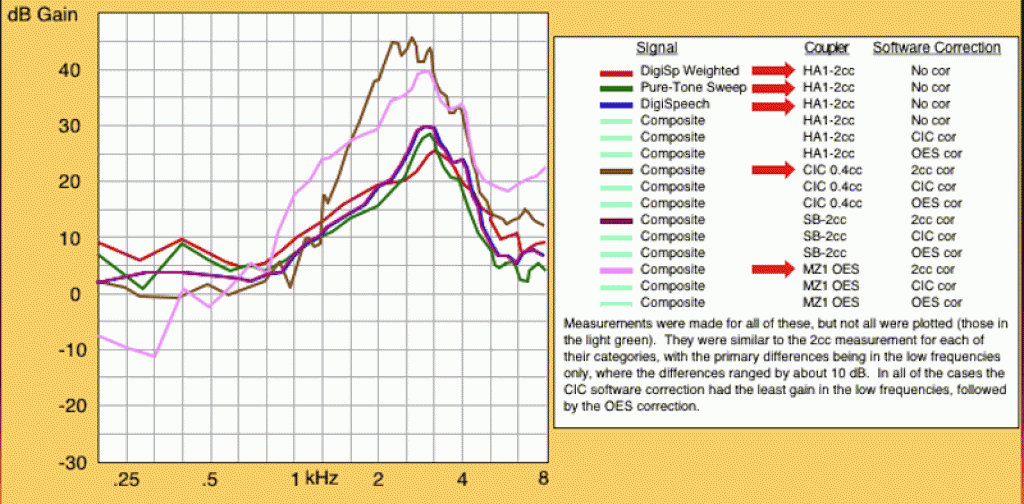Have you encountered people who speak loud and long, dominating conversations by turning a dialogue into a monologue? Maybe the loud person was in another group, but so loud that s/he interfered with the conversation you were trying to have? If you’ve had these experiences, you likely wondered why the person was talking so loudly and why they weren’t interested in what others had to say. If so, you are not alone. There is even a Q&A forum on the internet that discusses why people talk loudly. When confronted with people who are loud, you may have judged them to be rude, self-involved, or angry. You probably did what you could to distance yourself.
What you may not have considered is a likely scenario: they were trying to cope with unacknowledged hearing loss. People who have difficulty hearing conversation because of hearing loss have options: 1) fake it by nodding and laughing when it seems appropriate, 2) “talk over” others to convince themselves they are engaged in conversation, 3) retreat from and limit their social interaction, or 4) seek means of correcting their hearing.
As Audiologists, we get to meet people of all four types in our practice:
- Those who adopt the “nod and chuckle” approach end up in our office after they laugh in the wrong place or nod yes when they should have nodded “no” — embarrassing themselves into acknowledging their hearing problem.
- Those who talk over others begin to notice that they have fewer and fewer people in their conversational circles as people move away from them. Even if their social isolation is not complete, they are likely to start missing the “sparkle” that comes with interactive dialogue. They come to our office when they acknowledge that their hearing problem is causing them to miss out on communication.
- Those who retreat from social interaction lose their connection to life and frequently experience depression. With help from friends and loved ones, they can identify the issue and seek help for their hearing problem, hopefully before depression and withdrawal make them miserable.
- Those who recognize that they have a hearing problem can almost always be helped with some type of amplification. Once they are using hearing aids optimally — which takes some learning and effort — they are ready to start participating on an equal basis in conversation — allowing dialogue instead of monologue, retreat, or head nodding.
And now for the fun part of this post! It turns out that dominating conversation is a problem for lots of people, even those without hearing loss. It’s such a big problem that a German company called Unperfecthaus (pretty easy to translate that!) has come up with an iPhone app that keeps conversational score. The app is called “talk-o-meter.” As the talk-o-meter folks put it, “Some people just talk too much.” What to do? Use the talk-o-meter to show them the error of their ways. Here’s a description of how it works, from the Unperfecthaus people themselves:
At intervals of 1, 2 or 5 minutes you see different lengths of red and blue bars that show what percentage of time each speaker was talking. Nobody has to be unpleasantly exhorted – from time to time everyone will have a cursory glance at the Talk-o-Meter and adapt if he is talking too much. Gentle biofeedback work Here’s the link where we found the talk-o-meter.
*Image courtesy Business Insider. This article originally published on May 31, 2016







